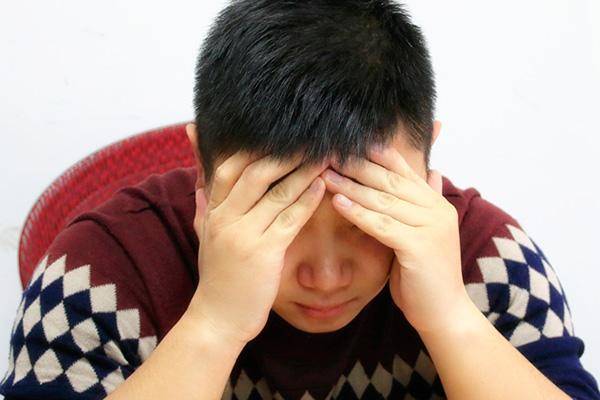Many men hope to be charming and avoid early health decline, but often find themselves facing the opposite. In the face of life, most men are already overwhelmed, experiencing various issues like premature graying hair and getting out of breath after climbing a few flights of stairs. Once these signs of aging appear, a man’s charm diminishes significantly, leading not only to physical decline but also affecting daily life and work.
Often, men fail to understand how they suddenly age a lot and their bodies are not as strong as before. In reality, male aging has its signs, often starting from the prostate. This gland, considered the “life gland” for men, has a significant impact on male health. If this gland ages, the man ages as well.
Urine is the pathway for the body to detoxify; when urine is eliminated normally, toxins do not accumulate easily, and this gland is crucial for controlling urine flow. If it degenerates or ages, toxins will accumulate, leading to signs of aging in men.
Moreover, a significant portion of the “essence” is secreted from this gland, indicating its crucial role in male vitality. Furthermore, it serves as the passage for the essence, and blockages could lead to male infertility. Therefore, the aging of this gland affects men in multiple ways, resulting in physical decline.
How can one determine if this gland is aging?
Difficulty urinating, decreased urine volume, etc., can indicate gland aging. As men age, this gland may enlarge, affecting urination. They might have trouble urinating or not feel finished after urinating, resulting in decreased urine output and a sense of urgency. Such issues suggest that a man’s prostate may be aging.
The amount of essence discharged decreases over time. In middle age, many men notice a significant reduction in essence compared to their younger years. If this happens, it is likely due to functional degeneration affecting production and discharge, causing a decrease. To slow down aging and maintain vitality, attention must be paid to lifestyle habits, such as increasing physical activity, avoiding spicy foods, and refraining from smoking and drinking.
Diminished mental state and poorer sleep quality also occur. Men whose prostate ages prematurely may experience worry, anxiety, and even depression. A persistently low mental state can affect sleep quality, leading to insomnia or waking up frequently at night. In some cases, men may feel emotionally down without realizing their physical issues, highlighting the body’s self-regulating response that should not be ignored.
Male aging often starts with the prostate, accompanied by other signals like loss of appetite, severe memory decline, easy exhaustion, poor hearing, and blurry vision. In summary, signs of aging will manifest comprehensively in the body, a process every man will undergo. While reaching the point of indifference at 60 is common, experiencing these changes in the 50s can be difficult to accept. To delay premature aging, attention to various details in life is crucial, adjusting activities and diet to maintain health.


